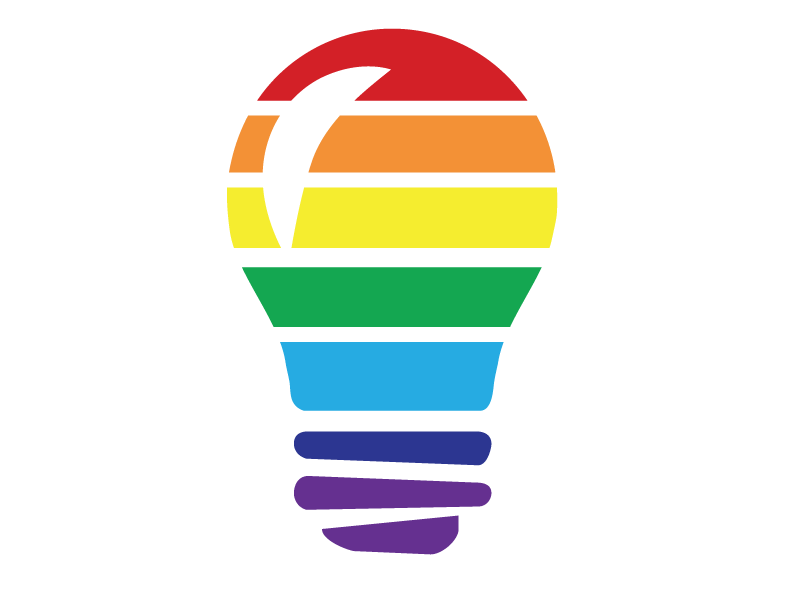Pronouns
What Are Pronouns?
Pronouns are words that refer to a person. Some pronouns imply gender. “I” and “You” are pronouns that do not indicate gender, but “he/him” and “she/her” do. Because each person has a unique gender identity, it is important to be mindful of their pronouns and not make assumptions.
Non-binary folk often use they/them pronouns. Some people might believe that using they/them to refer to a single person is a new concept, but we have been using these pronouns in this way for years. For example: “A private person usually keeps to themselves.”
Neopronouns
Neopronouns are new pronouns that are used by those that identify as non-binary. Non-binary means that a person does not identify exclusively as male or female. The use of neopronouns allows those that are genderfluid or anywhere along the gender spectrum to take ownership of their gender identity without binary (male and female) influences that do not pertain to them.
They/them are pronouns that are commonly used by non-binary identifying people, but some choose to use neopronouns such as e/em/eirs, ze/zir/zirs, xe/xem/xyrs, and e/em/ems, among others. A person’s pronouns are determined by their personal feelings about their identity.
The Importance of Pronouns
Using a person’s correct pronouns acknowledges their identity and demonstrates respect. Pronouns are an essential part of gender identity. They are a direct expression of how a person feels, so referring to someone by pronouns that they do not resonate with may feel confusing for them or make them feel uncomfortable. Making sure that you use a person’s correct pronouns shows that you care about their feelings.
Practice
For some, pronouns can be intimidating. There are a variety of pronouns, and it could be challenging to know if you are using them correctly. Here are some ways to get more comfortable with pronouns.
When introducing yourself, tell the person your pronouns. Doing this will make them feel more comfortable sharing theirs.
Use a person’s correct pronouns when referring to them in conversation. Practice with a friend.
If you use the wrong pronouns, correct yourself and correct others as well.
It’s important to note that some people may not feel comfortable sharing their pronouns for various reasons, including their safety. Please be mindful of this, and do not push the subject with someone you do not know well. When it comes to pronouns, don’t let them intimidate you. With a bit of practice, they’re easy to use!
At Camp Lightbulb, we embrace the diversity of the LGBTQ+ community and recognize that it’s a beautiful thing! Our camps are where you can 100% be yourself - pronouns and all!
Resources:
